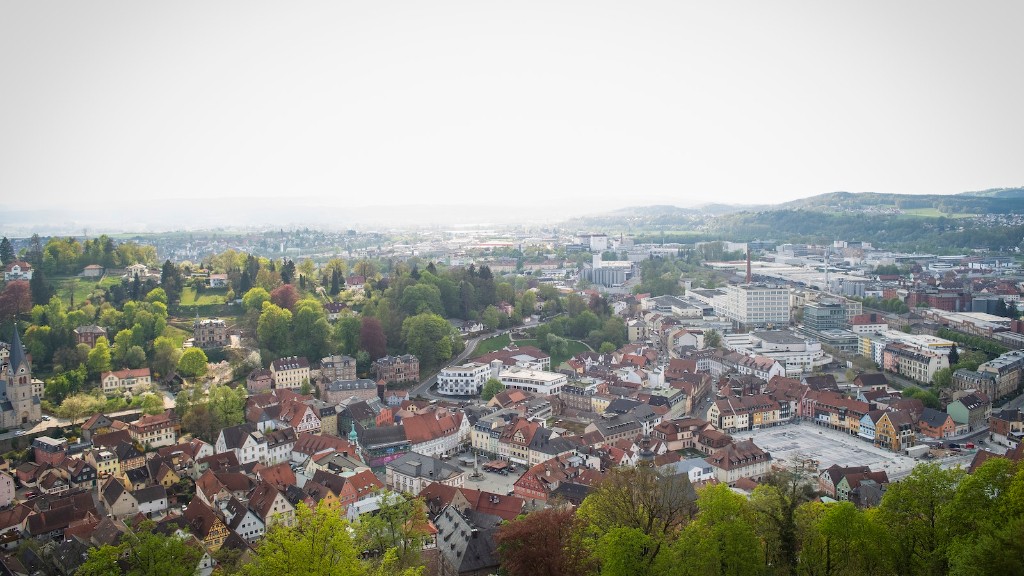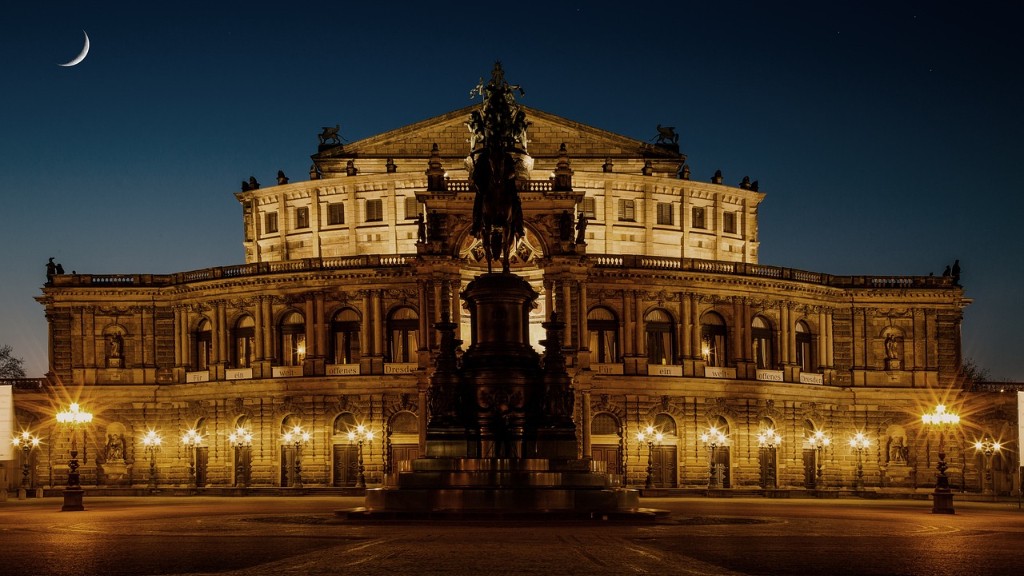pronunciation of munich germany
Munich, Germany, is home to some of the most influential people and organisations in the world, including the world-renowned Oktoberfest and its four-year-old tech hub, Munich-Startup. Munich has no shortage of people who speak this city’s language. But what about the pronunciation? If you’re just starting to learn German and you live in Munich, then you probably want to know how to correctly pronounce Munich.
When someone talks about Munich, one of the first things you hear is MUN-ich. This is how the word is usually pronounced in German. To get it right, say “Moo” (like mooing cow) and then “knee” (like a bent knee). This makes “Munich” pronounced as “MEN-IKH”.
language Basics
When it comes to languages, there are several different aspects that can affect how a word is pronounced. One of the most important factors is the accent or dialect that is native to a region, which can drastically alter the way that words are pronounced.
For example, people in the south of Germany often use the “ch” sound differently than those in the north. In the south, it’s usually pronounced like the “ch” in “loch”, while in the north it’s more like a “k” or a hard “c.” This can cause confusion for people who just want to know how to pronounce Munich.
It’s also important to note that the “ch” sound in German is often softened. For example, the “ch” in Bach (like the composer) is a softer “ckh” sound. This means that if you’re saying “Moo-neckh” instead of “Moo-nikh”, it may still be understood, but you’ll still want to make sure you pronounce it correctly.
Phonetics
Phonetics is the study of the sounds of language, and is an important part of understanding how words are pronounced properly. In order to pronounce Munich correctly, the first part of the word is a soft, voiced “moo” (mw) and the second part is a voiceless “nikh” (nx). The voiced ‘moo’ sound is created by positioning the tongue low in the mouth and allowing air to pass through it, while the voiceless ‘nikh’ sound is created by raising the tongue high in the mouth and allowing air to pass through it.
In German, the ch sound in Munich is also a combination of two sounds – a voiceless “k” and a vocoid “h” sound (kh). The voiceless “k” is made by pushing air past the back of the tongue and slightly towards the roof of the mouth, and the “h” sound is made by moving the tongue to the same area but this time pushing air through the sides of the tongue.
Listen to pronunciations
If you’re still struggling with the pronunciation of Munich, you can always listen to it being said by native German speakers. There are many websites and apps available that are designed to help people learn the language, and many of them feature clips with German pronunciation so you can hear for yourself how it’s done.
Another option is to listen to recordings of Germans speaking in the city itself. There are many radio and podcast shows from Munich that you can find online, and if you listen carefully you’ll be able to pick up on how the locals pronounce words in German.
practice
Once you’ve learned the basics, the only way to get better at pronouncing Munich is to practice. Try saying it out loud multiple times, listening to it in recordings, and speaking it to native speakers if you have the opportunity. With enough practice, you will eventually be able to confidently pronounce Munich the way the locals do.
context of Munich Pronunciation
Munich, the capital of Bavaria, is one of the most well-known cities in Europe. It’s a major cultural hub that has something for everyone to enjoy, from its world-renowned art galleries and museums, to its lively beer gardens and Bavarian culture. It’s easy to feel overwhelmed in this bustling, international metropolis.
One of the challenges that people who visit Munich can encounter is that it may be difficult to understand and correctly pronounce words that are spoken by native speakers. Munich natives will often use a mix of Bavarian dialects and German, so the pronunciation of some words may be confusing for visitors.
The beauty of the Bavarian language is that it is incredibly vibrant yet still remains close enough to German that anyone can make an effort to learn it. Understanding the local language, even to a basic level, can help travelers to feel more at home in Munich, especially when ordering food or navigating the city.
Munich dialects and accents
The Bavarian dialect is varied and the accent will change depending on the region. For example, people in Munich tend to speak with a bit of a sing-song rhythm, while those from the southern parts of Bavaria speak in more of a drawl. It’s also important to remember that many people in Munich speak more than one language and may switch between them when speaking.
Munich is a city full of many different cultures and languages, so it is important to understand and respect the fact that everyone has their own way of speaking. However, learning to pronounce Munich correctly can be incredibly rewarding and can open up many opportunities for travelers.
Most people who want to learn how to pronounce Munich will do so by listening to native speakers and repeating the words until they sound just right. With enough practice, you’ll eventually be able to confidently say “Munich”.
changes in pronunciation over time
Munich has gone through many changes over the years, and its pronunciation has changed as well. During World War II the city was heavily damaged and people had to flee. Over the years, the city has been rebuilt and many of the people who returned spoke with a different accent than those who had stayed in the city. As a result, the pronunciation of Munich changed over time.
The dialects of Munich are incredibly diverse and they often clash. This can make it difficult to understand what is being said, especially if you’re a foreigner trying to pronounce words like “Munich” correctly. Even though the pronunciation has changed, it can still be learned and understood.
expectations for german pronunciation of munich
In some ways, the pronunciation of Munich is like most German words – you just need to try and get the right combination of sounds and then practice it. However, Munich is a bit different because it can sound quite different based on the dialect that is being spoken.
Speakers of Bavarian dialects tend to pronounce “Munich” as “Moo-neckh” rather than “Moo-nikh”, and the “ch” sound in Munich is usually softened, meaning that if you’re saying “Moo-neckh” instead of “Moo-nikh”, it may still be understood. Because Munich is a mix of Bavarian dialects and German, it’s important to listen to how Bavarian speakers pronounce Munich and practice until you get it right.
interaction of munich pronunciation with other Languages
Munich is a city full of different cultures, and it can be easy to get confused by all the different languages being spoken. Even though German is the official language, it is still affected by the sounds of the other languages spoken in the city.
In some cases, it can be difficult for a foreigner to understand the sounds and pronunciation of Munich, as the accent has been heavily influenced by other languages such as French, Italian, and English. The influence of these languages can be heard in pronunciation, as well as in the lexicon of the language. Understanding and learning the different aspects of the language can help travelers feel and sound like locals in Munich.
professional pronunciation of munich in germany
When it comes to professional settings, such as in a business or legal context, it is important to learn the correct pronunciation of Munich to ensure that you are taken seriously. Professional settings often require a very precise level of pronunciation, and it is important to be aware that there are slight differences between the way people in Munich pronunicate and the standard German way of saying things.
It is also important to note that some people in Munich may use a mix of different dialects if they have a background in different regions of the city, or if they have been influenced by different languages. It is important to remember that everyone has their own way of speaking, and to try and understand the nuances of the language before attempting to pronounce words correctly.
conventions of munich pronunciation
When it comes to pronouncing Munich, there are some conventions that are important to follow. For example, the “ch” sound in Munich is usually pronounced as a softer, two-part sound – a voiceless “k” followed by a vocoid “h”




